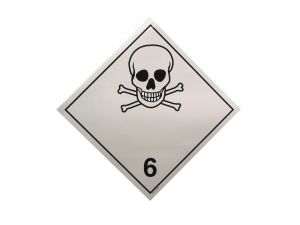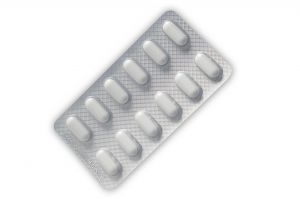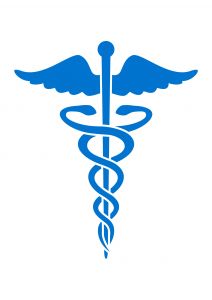Eliquis, like Xarelto and Pradaxa, is part of a class of drugs known as New Oral Anticoagulants (NOACs). NOACs have entered the United States market in the past few years and have earned their respective manufacturers billions of dollars in sales in that short period of time.
 The reason for windfall sales is that patients who take conventional blood thinners like warfarin to reduce the risk of stroke and systemic embolism need to go their doctors frequently to have a blood test performed. This is needed because, while warfarin has been proven effective at treating patients at risk for these conditions, if medication levels are not checked often and adjusted when needed, serious side effects can occur.
The reason for windfall sales is that patients who take conventional blood thinners like warfarin to reduce the risk of stroke and systemic embolism need to go their doctors frequently to have a blood test performed. This is needed because, while warfarin has been proven effective at treating patients at risk for these conditions, if medication levels are not checked often and adjusted when needed, serious side effects can occur.
Eliquis was marketed as new kind of treatment that does not require frequent monitoring and will let patients lead a normal life without the fear of developing serious side effects. While this is true for many patients, others will experience a severe internal bleeding condition, which can cause intracranial bleeding and hemorrhaging. If a patient develops one of these deadly conditions, there is not an approved cure to help those suffering from a bleeding disorder. In other words there is no antidote for the poisonous effects of Eliquis.
Continue reading
 Product Liability Lawyer Blog
Product Liability Lawyer Blog











